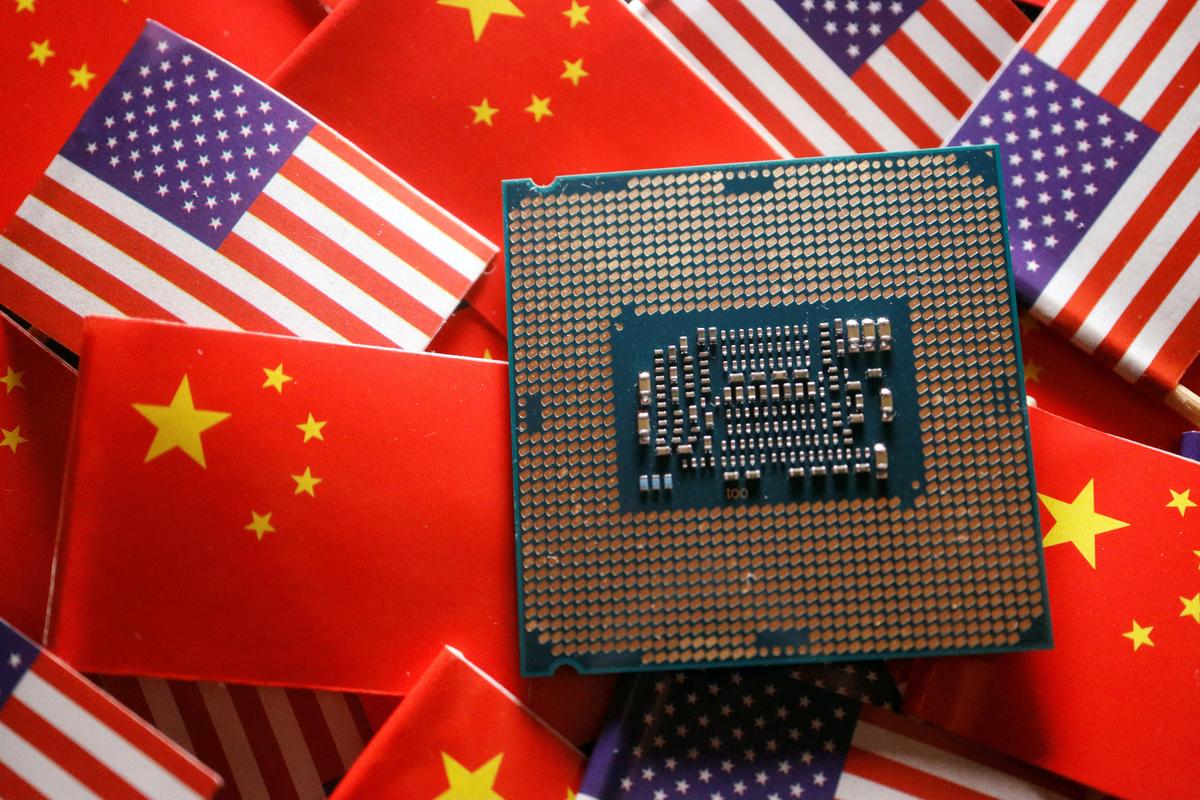State-linked Chinese entities are leveraging cloud services from Amazon and its competitors to access advanced U.S. chips and AI capabilities that they are otherwise unable to obtain.
The U.S. government has restricted the export of high-end AI chips to China in the past two years, citing the need to limit the capabilities of the Chinese military.
Offering access to these chips or advanced AI models via the cloud does not violate U.S. regulations, as only the export or transfer of a physical commodity, software, or technology is regulated.

A Reuters review of over 50 tender documents posted on publicly accessible Chinese databases over the past year revealed that at least 11 Chinese entities have attempted to gain access to restricted U.S. technologies or cloud services.
Of these, four specifically identified Amazon Web Services (AWS) as a cloud service provider, although they accessed the services through Chinese intermediary companies rather than directly from AWS.
The tender documents, reported first by Reuters, highlight the wide range of strategies Chinese entities are using to obtain advanced computing power and access generative AI models. They also emphasize how U.S. companies are benefiting from China’s increasing demand for computing power.
“AWS adheres to all relevant U.S. laws, including trade regulations, when providing services both within and outside of China,” a spokesperson for Amazon’s cloud business stated.
According to research firm Canalys, AWS holds nearly one-third of the global cloud infrastructure market. In China, AWS ranks as the sixth-largest cloud service provider, based on data from research firm IDC.
According to a March tender document, Shenzhen University spent 200,000 yuan ($27,996) on an AWS account to access cloud servers equipped with Nvidia A100 and H100 chips for an undisclosed project.
The university obtained this service through an intermediary, Yunda Technology Ltd Co, as indicated in the document. The export of these Nvidia chips to China, which are essential for powering large language models like OpenAI’s ChatGPT, is prohibited by U.S. regulations.
Shenzhen University and Yunda Technology did not reply to requests for comment. Nvidia also refrained from commenting on Shenzhen University’s expenditures or any agreements with other Chinese entities.
In an April tender document, Zhejiang Lab, which is developing its own large language model, GeoGPT, indicated plans to spend 184,000 yuan on AWS cloud computing services because its AI model could not secure sufficient computing power from domestic Alibaba services.
A spokesperson for Zhejiang Lab stated that the planned purchase was not completed but did not provide details on the reasons for this decision or how the lab addressed its LLM’s computing power needs. Alibaba’s cloud division, Alicloud, did not respond to a request for comment.
The U.S. government is now working to strengthen regulations to limit cloud access. “This loophole has been a concern of mine for years, and we are long overdue in addressing it,” Michael McCaul, chair of the U.S. House of Representatives Foreign Affairs Committee, told Reuters, referring to the issue of foreign entities accessing advanced U.S. computing resources via the cloud.
In April, legislation was introduced in Congress to give the Commerce Department authority to regulate remote access to U.S. technology, though its passage timeline remains uncertain.
A spokesperson for the department stated that it is collaborating closely with Congress and “seeking additional resources to enhance our existing controls that prevent PRC companies from accessing advanced AI chips via remote cloud computing.”
In January, the Commerce Department proposed a rule requiring U.S. cloud computing services to verify users of large AI models and report to regulators when these models are trained using U.S. cloud services for purposes related to “malicious cyber-enabled activity.”
Although the rule has not yet been finalized, it would also grant the Commerce Secretary the authority to impose restrictions on such customers.
“We are aware that the Commerce Department is evaluating new regulations, and we adhere to all relevant laws in the countries where we operate,” the AWS spokesperson stated.
Stories You May Like
